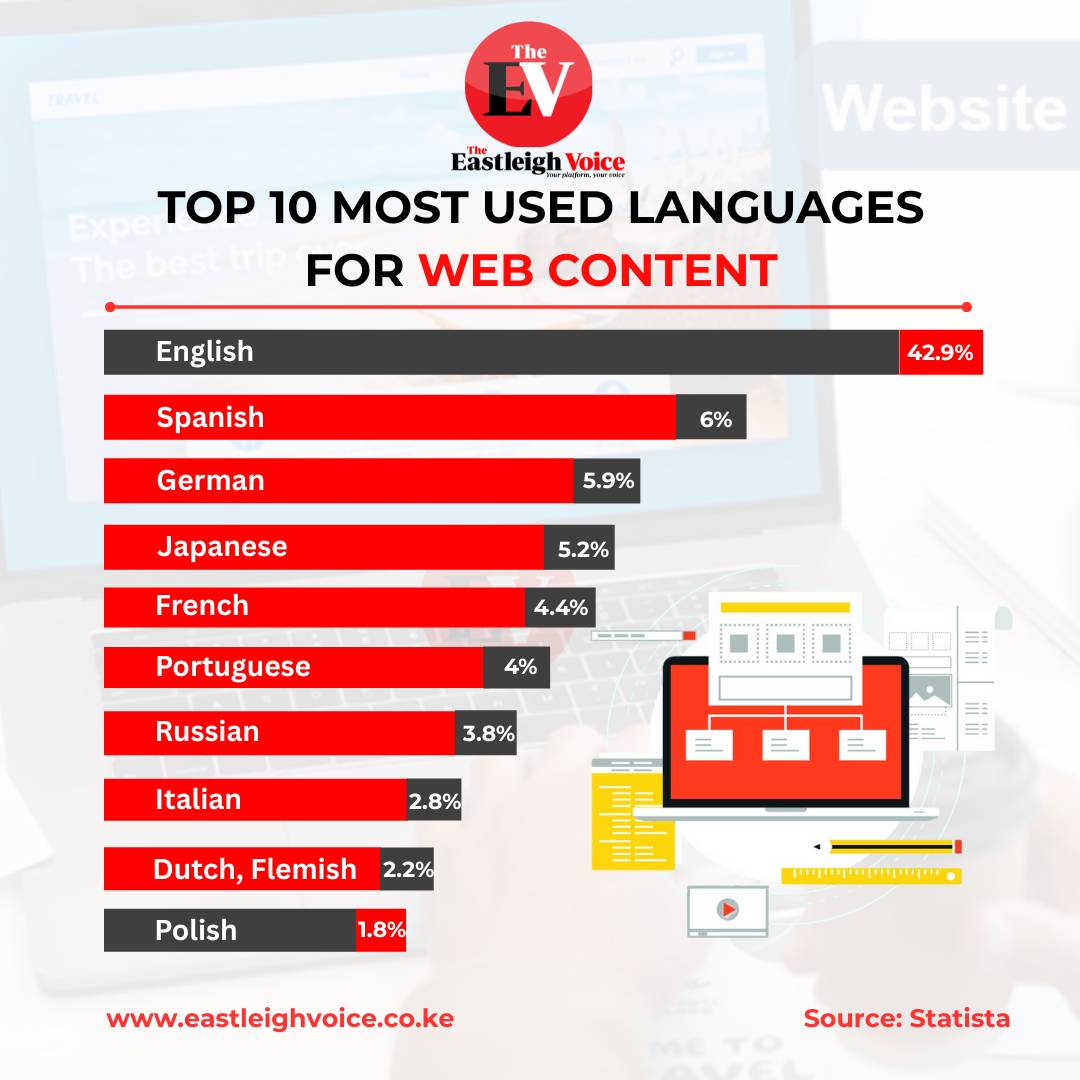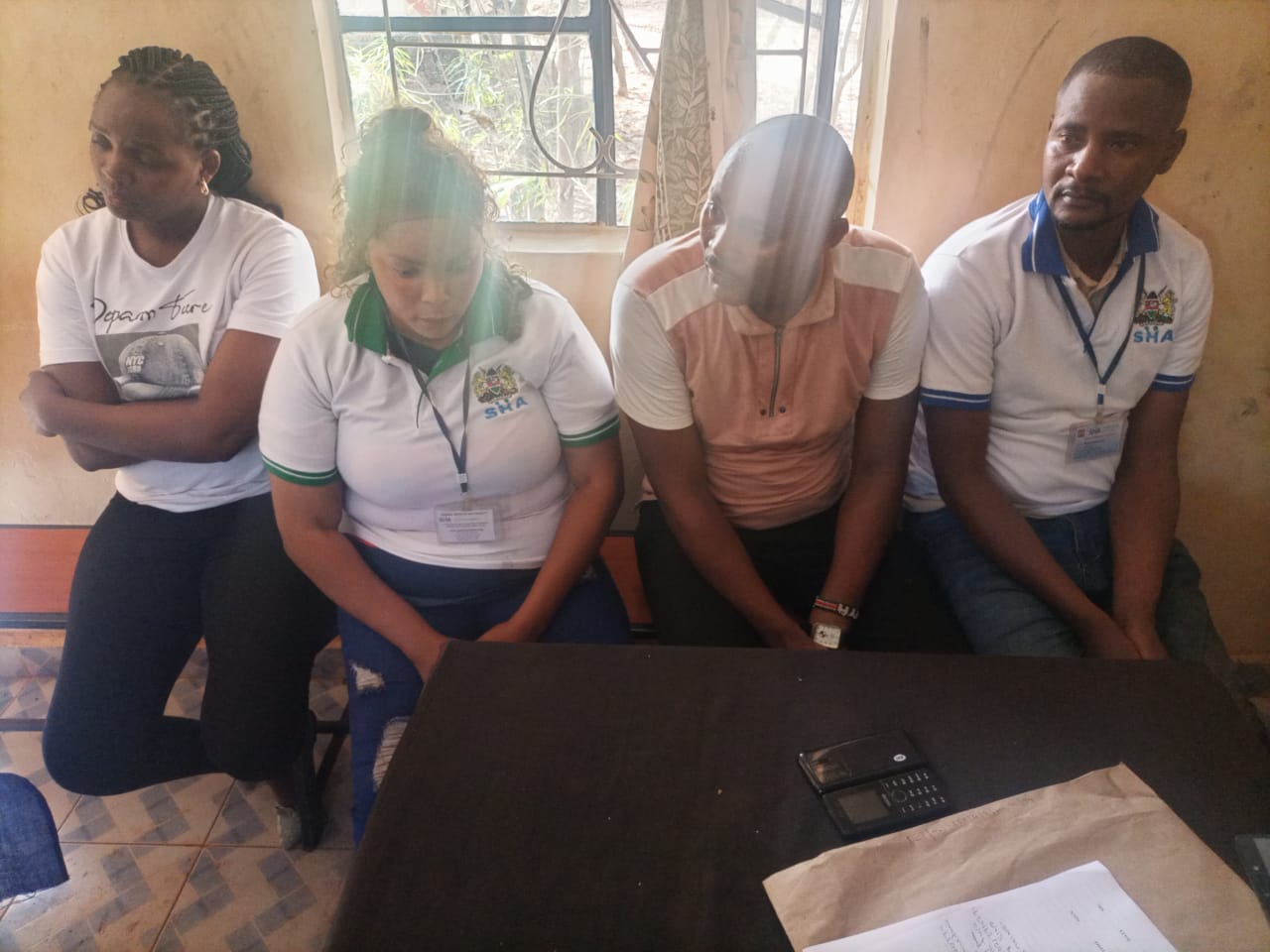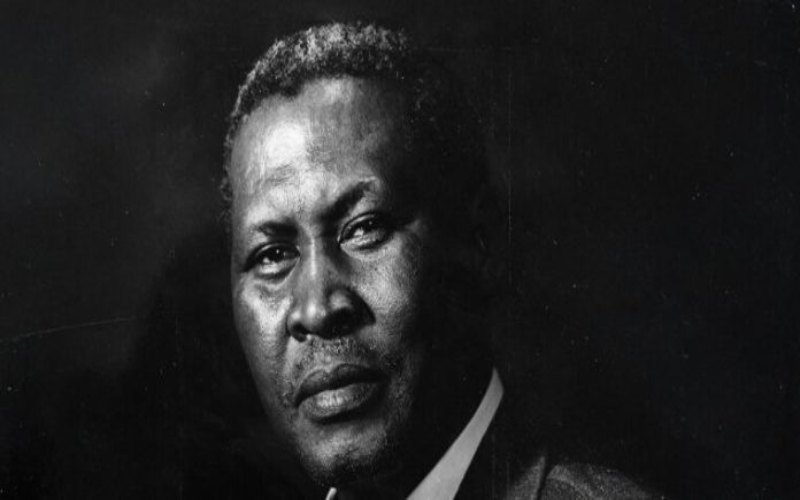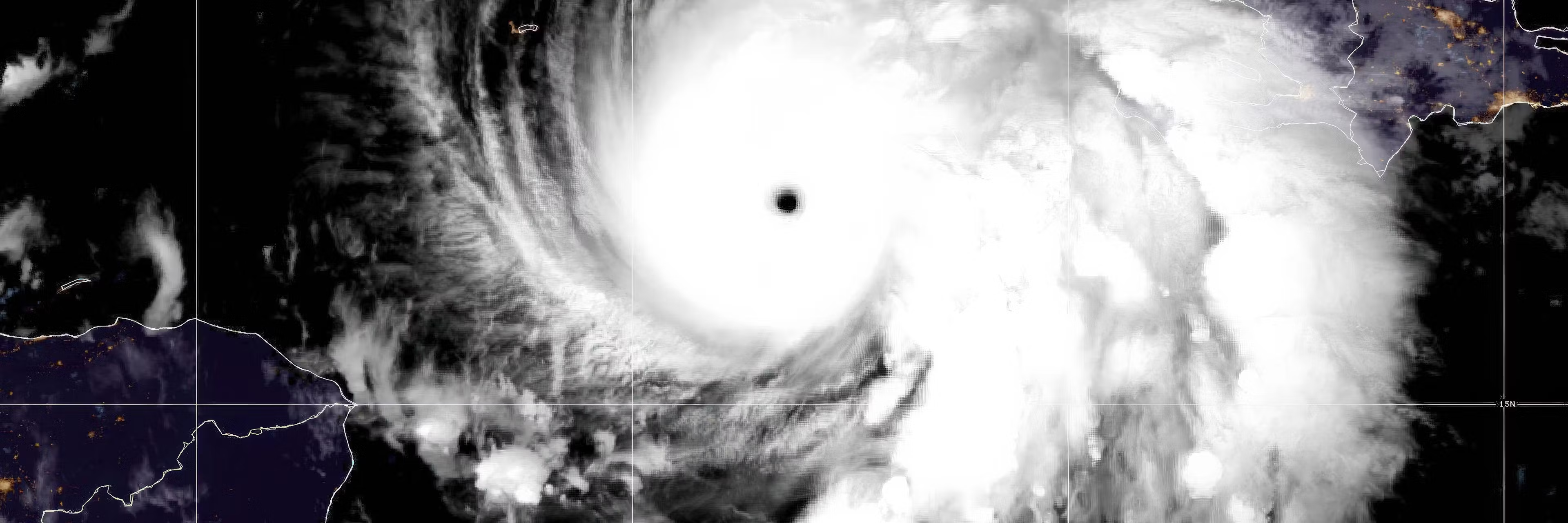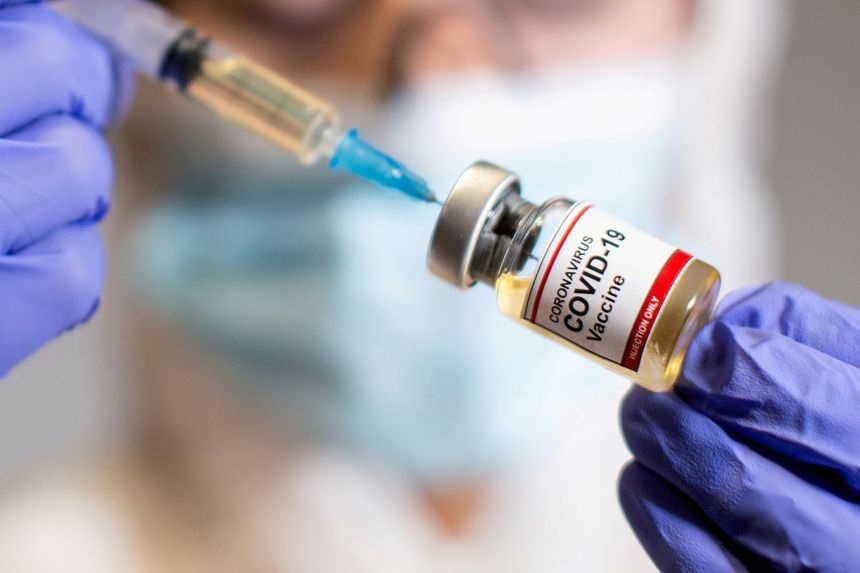Teen mum trapped in cycle of street life and despair longs for education
The Senate proceedings were temporarily halted to allow Gachagua’s legal team to search for him.
At just 19 years old, Hawa Wangechi is a mother of two, clinging to dreams of returning to school and escaping the life of begging that has defined her since she was just 11. Her journey took a heartbreaking turn in 2016 when her mother fell into a long struggle with illness and depression, forcing Hawa to take on the weighty responsibilities of caring for her siblings.
What began as a means of survival occasional trips to the streets to beg has become an inescapable part of Hawa's life, robbing her of her childhood and extinguishing her hopes of pursuing an education. Now, as she navigates the overwhelming challenges of motherhood, she feels the crushing weight of lost opportunities pressing down on her. Each day is a reminder of the dreams she once held dear, now transformed into a relentless struggle for survival.
"Living on the streets is really hard. We deal with so many problems, from rain to harassment from drunk people, and sometimes the authorities come and raid us. It's a constant struggle. I want a better life for myself, my siblings, and my kids, but it feels so tough to escape this situation."
As Hawa guides the Eastleigh Voice reporter to the space she calls home a small area behind a mud-thatched house belonging to a friend it's impossible to overlook the presence of more than 15 other ladies, most of whom are also homeless and have children of their own. This cramped living situation serves as a refuge for Hawa, her mother, her daughter, and her younger sibling, who all share the space day and night.
Without a roof over their heads, Hawa and her family make do with just a corner and a curtain for privacy. They constantly face threats of gender-based violence, which is unfortunately common in the streets. Hawa has managed to escape rape twice, but many other girls haven't been so lucky and have fallen victim to cruel individuals.
"We share everything we have. Sometimes, we go to restaurants to ask for food. When we receive something, we're grateful, but when we don't, we just accept it as part of the day."
Hawa and her sister often venture into town to beg for food or money from those passing by. While some people show kindness and offer help, there are days when luck is not on their side.
In their street community, they take turns sleeping. During the day, the men rest while the women keep watch, and at night, the roles reverse. Hawa's younger brother, who also lives on the streets, helps to protect the women. When nights are particularly challenging or unsafe, they sometimes seek shelter in movie theatres to escape the long, difficult nights outside.
"I really desire to go back to school and improve my life," Hawa shares. "Living on the streets is hard, and it's not the future I want. Any help would be greatly appreciated."
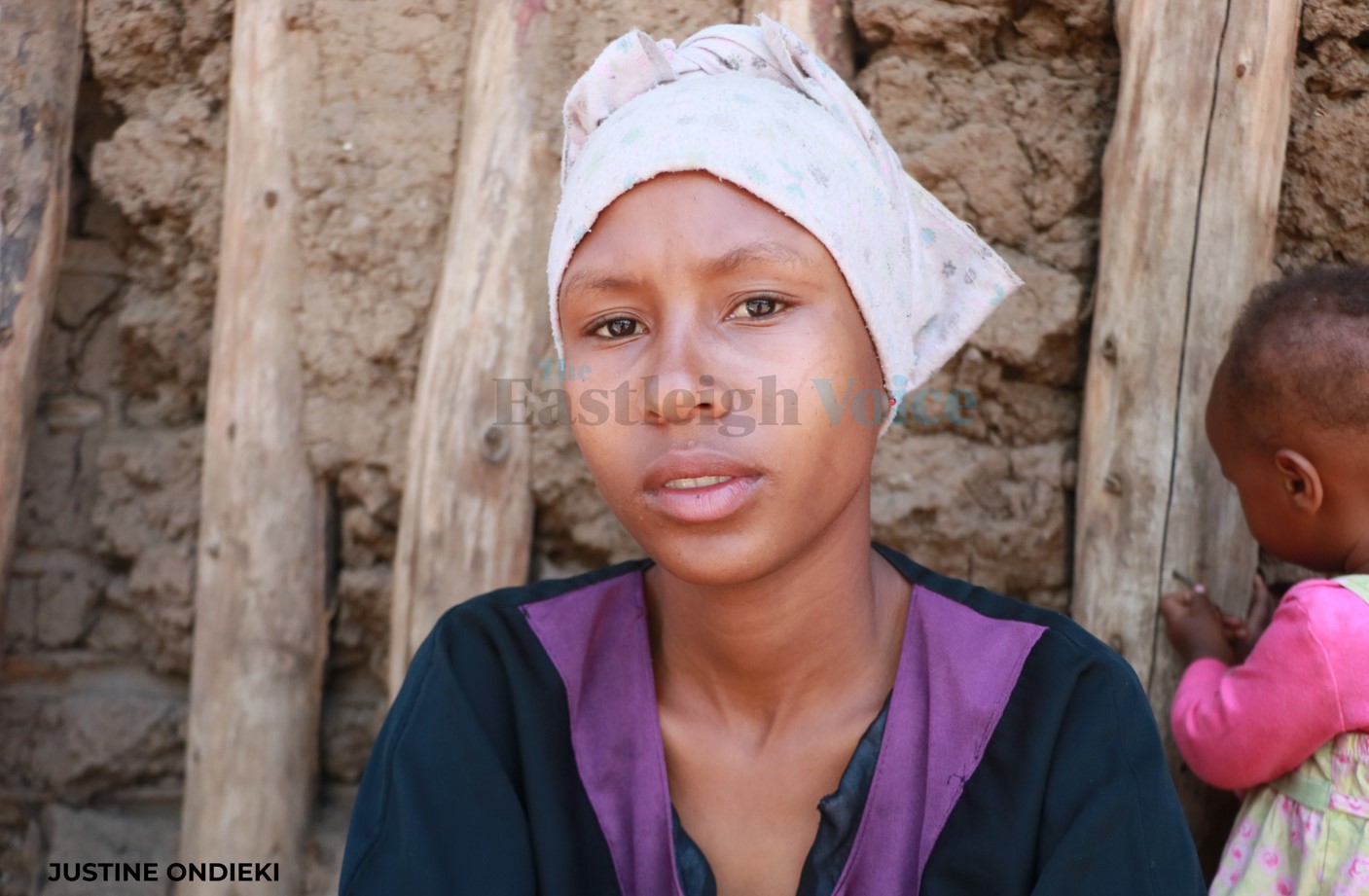 19-year-old Hawa Wangechi, a mother of two. (Photo: Justine Ondieki)
19-year-old Hawa Wangechi, a mother of two. (Photo: Justine Ondieki)19-year-old Hawa Wangechi, a mother of two. (Photo: Justine Ondieki)
Hawa is determined to pursue her education and has joined organizations that support street families, like the Undugu Society of Kenya. They teach her essential life skills and self-defence, but her goal remains: to seek education and build a better life for herself.
"If we could get any help—like food, a place to stay, or a chance to go back to school for my sister and me—I would do my best to get us out of this situation."
As we conduct interviews with the family, more young women gather around us, each hoping for assistance and sharing the same dream: a way out of the streets to build a better life for their children in the Majengo slums. Everything costs money, and with the recent demolitions of houses on riparian land, living expenses have soared. For street families, this is particularly challenging, as landlords often view them as unable to pay rent consistently, leading to their rejection when seeking housing.
Zainab Irungu, Hawa's mother, feels helpless as her health continues to decline. With four other siblings to care for, she struggles with constant medication and the challenge of escaping life on the streets. She reminisces about her past when she worked for an Indian family and was able to provide for her family while living in Kinyago. Those memories now feel overshadowed by hardship and pain.
"My daughter was a bright child, and it hurts to know we ended up on the streets due to my health issues and my inability to support them," she laments. "What we earn is only enough for basic meals."
Other Topics To Read
Zainab notes that life has drastically changed for her. She battles depression and substance use, and her health prevents her from taking on physically demanding jobs.
"I've found myself begging on the streets too, and the saddest part is watching my children grow up in the same circumstances I faced. It pains me that my youngest daughter had to drop out of school," she says, reflecting on the cycle of struggle that seems to repeat itself.
According to a report by the African Institute for Development Policy (AFIDEP), Kenya ranks third worldwide in teenage pregnancies, totalling 175,488 cases.
The 2022 Kenya Demographic and Health Survey (KDHS) key indicators report, released by the Kenya National Bureau of Statistics, highlights progress in reducing the national prevalence of female genital mutilation (FGM), teenage pregnancy, and gender-based violence. However, significant disparities remain based on wealth, geographic location, and education.
The survey, conducted at the household level, indicates that the rate of teenage pregnancy decreased to 15% in 2022, down from 18% in 2014.
The data shows that poverty and lack of education are linked to higher rates of adolescent pregnancy. Approximately 40% of women aged 15-19 with no education have experienced pregnancy, compared to just 5% of those with more than a secondary education.
Adolescent pregnancies are also more common in poorer communities, with 21% of women aged 15-19 in the lowest wealth quantile reporting they have been pregnant, compared to 8% in the highest wealth quantile.
The counties with the highest rates of teen pregnancy are Samburu at 50%, West Pokot at 36%, Marsabit at 29%, and Narok at 28%. In contrast, Nyeri and Nyandarua counties have the lowest rates, each at 5%.
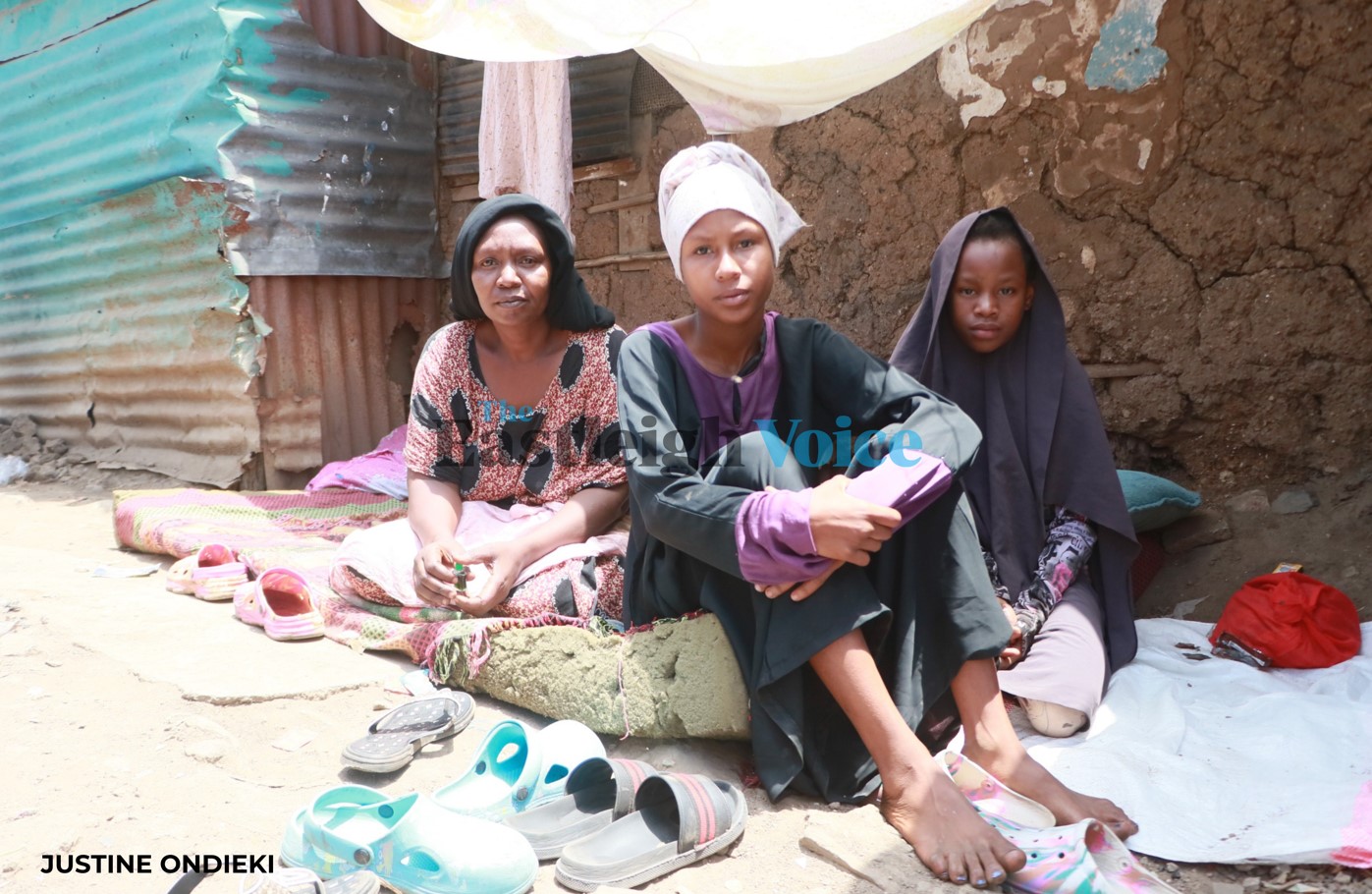 19-year-old Hawa Wangechi, (centre) a mother of two, with her mother, and sister. (Photo: Justine Ondieki)
19-year-old Hawa Wangechi, (centre) a mother of two, with her mother, and sister. (Photo: Justine Ondieki)
Top Stories Today
